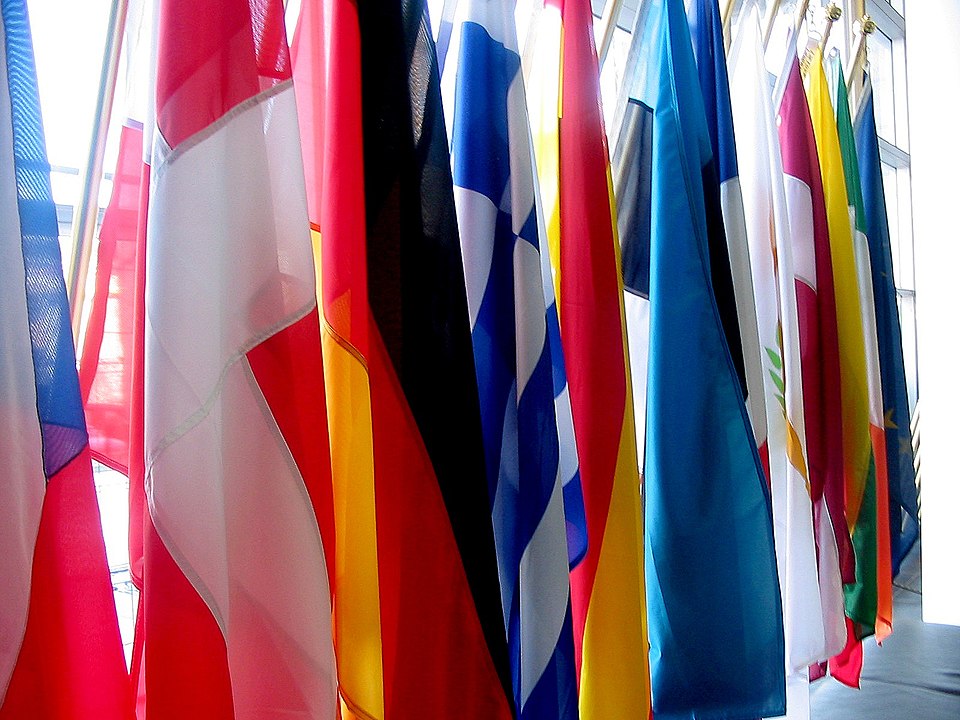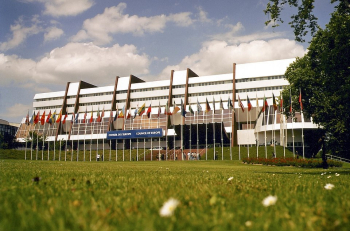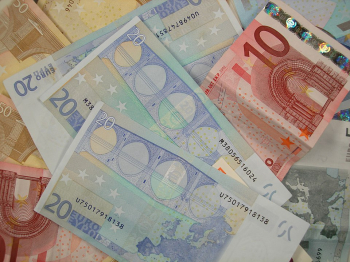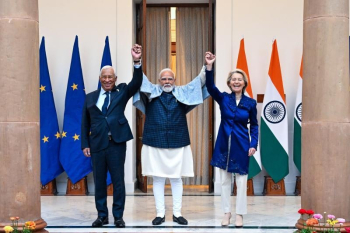
Germany’s role as the European Union’s financial backbone is showing signs of strain. In 2024, Berlin posted a net contribution of €13.1 billion—still the highest among member
states, but €4 billion less than the previous year. The figures, released on 26 November by the German economic institute IW Köln in a report titled “EU Budget and Member States: Who Is a Net Contributor, Who Is a Net Recipient?”, highlight how Germany’s prolonged economic stagnation is increasingly weighing on Brussels’ finances.
In total, the EU spent roughly €247 billion in 2024, with €194.7 billion covered by contributions from member states.
France remained the second-largest net payer, transferring €4.8 billion more than it received, followed by Italy with €1.6 billion. At the opposite end of the spectrum were countries benefiting most from EU funds. Greece topped the list with a net gain of €3.5 billion, while Poland received €2.9 billion—though significantly below the €8.1 billion it collected in 2023. Spain followed with €2.2 billion in net gains. These inflows supported solid economic performances, helping all three countries achieve GDP growth of around 2 percent in 2024.
Even with its reduced contribution, Germany remains the EU’s largest net payer on a per-capita basis. Each German resident effectively pays €157 more into the EU budget than they receive. The Irish rank second at €130 per person. Conversely, citizens in the Baltic states benefit the most per capita, receiving roughly €500 more than they contribute, largely due to their smaller populations.
Yet IW Köln cautions against drawing simplistic conclusions from the numbers. “The net position of a member state says nothing about the benefits of EU membership,” the institute notes, stressing that financial flows alone cannot capture the broader economic and political value of integration.
Still, the report underscores a growing concern in Brussels: Germany’s faltering economy. With growth stuck around zero again in 2025, officials worry that a sustained decline in German contributions could eventually strain the EU’s ability to fund key programs and cohesion policies. Photo by NPPyzixBlan~commonswiki, Wikimedia commons.

















